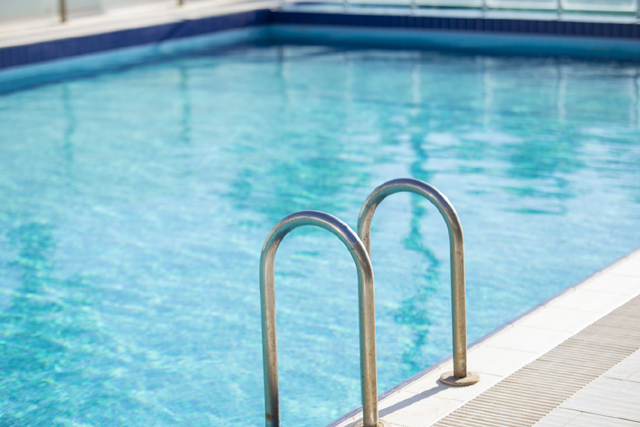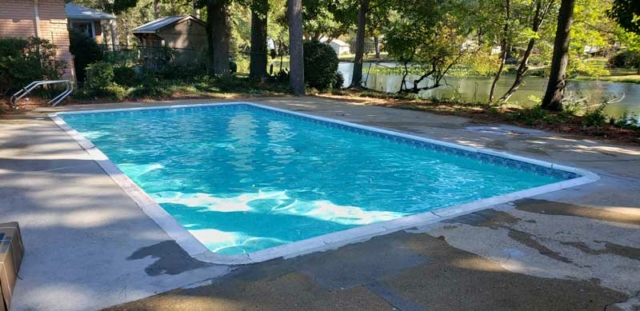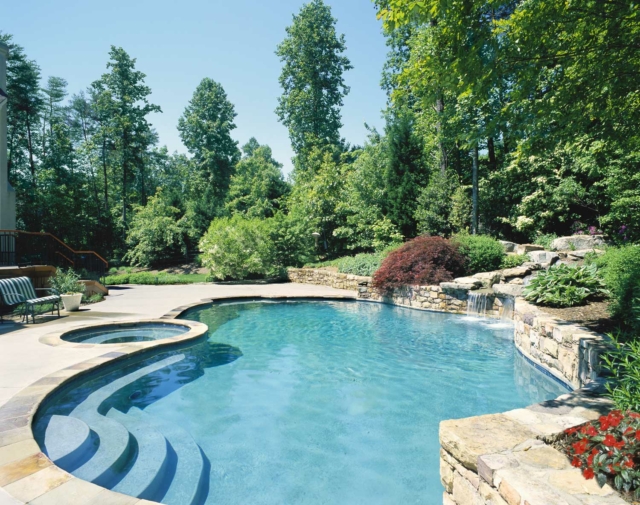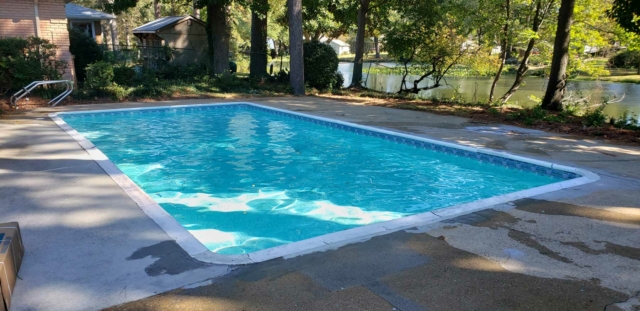Pool Cleaning Tips in 2022
Having a pool on your home’s property is an incredible blessing. Whenever you like, you can cool yourself in the crystal-clear pool. Relaxing, frolicking, and playing endless water games are just some of the activities children can participate in while at the pool. Thanks to the importance of pool cleaning, summer sunbathers can lounge on a beach chair by the poolside.
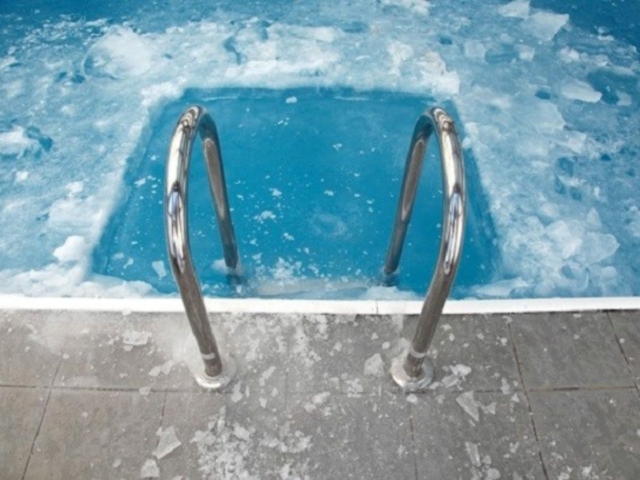
However, is your swimming pool ready for the next summer months? Was it sanitized yet? So, if you haven’t, now is the time.
A well-maintained pool is also a safe one. Your swimming pool’s setting must be inviting to swimmers. Algae growth, PH imbalances, bugs and vermin, and other such issues can render your pool unusable over the summer months. On the other hand, a well-maintained pool will allow you to take pleasure in the chilly splash and endless swimming.
These easy-to-follow pool cleaning instructions can help you achieve a sparkling pool in no time at all. Continue reading:
Here are pool cleaning tips for 2022.
Keep the pool clean of debris
Dirty, foggy, and uninviting pools are due to debris such as leaves, insects, pet hair, animal feces, and more. Filters and drains can become clogged as a result. Debris can disrupt chemical equilibrium and serve as a food source for algae, causing them to flourish. Debris removal should be at the top of the list. Remove any overhanging debris with a long-handled net.
Backwashing the pool filter
The pool filter needs backwashing at least once a week. The filter can become totally clogged without a backwash. This can potentially result in the filter exploding in extreme circumstances.
However, the answer is remarkably easy. Remove dirt particles from the water by performing a backwash once a week with the filter. When you remove them from the pool, the pressure inside the filter can no longer rise.
The skimmer basket should always be clear
In order to keep your pool clean, you need a skimmer to remove material from the surface of the water. However, if you have a blocked skimmer basket, it will not efficiently clean your pool. The less you have to scrub the tiles, ladders, and stairs, the better your skimmer will operate.
You don’t need any special equipment to clean out your skimmer basket. Remove the basket and throw out the contents; it’s as simple as that. Spray down the basket with your hose if the holes appear clogged.
Scrubbing tiles and other surfaces
Keeping your pool’s tiles, ladders, and stairs clean is easy with regular skimming. However, your pool skimmer is unlikely to gather everything that falls into the water. Consequently,
You may wish to hand scrub these surfaces once a week. Creating a baking soda paste is an alternative to chemical cleansers. Using baking soda to clean pool tile is a good idea because it won’t harm the vinyl liner.
Remove any algae forming on your pool’s surface with a brush that has been dipped in your mixture.
Vacuum your pool regularly with a pool vacuum cleaner
Pool cleaning devices aren’t all equal when it comes to worthiness. But a pool vacuum is an investment you won’t regret. You can clean up the walls of your pool can manually, but the bottom of the pool is a different story.
At the very least, run your pool vacuum once a week. Make sure that you leave it on long enough to cover the entire bottom of your pool before you turn it off. You should run your pool vacuum twice a week if you live near trees or plants that deposit pollen, leaves, and other material.
Run the pool pump every day
Algae and other unpleasant substances can build up in a stagnant pool. So, it’s important to keep your pool’s circulation going, especially during the seasons when it’s busy. Moving water is more hygienic, clearer, and more enjoyable to swim in.
Keep your pool pump working for 8-12 hours a day during the hot months. Run the pump throughout the day, the entire week, if you can. Remember that the more time you spend running your pool pump, the more frequently you’ll need to backwash the filter.
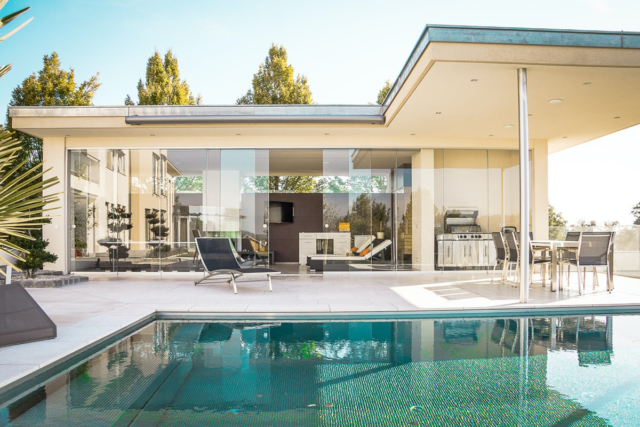
Constantly shocking your pool? Check the chlorinator
You shouldn’t have to shock your pool on a regular basis. Once your pool has gotten tainted by excrement or algae accumulation, we recommend that you use a shock treatment. It’s a bigger problem if your pool water is still green or hazy.
If your chlorinator is doing its job correctly, the level of chlorine in your pool should remain stable. Your chlorinator may be to blame if you’re constantly shocked by your pool’s chlorine levels. There may be problems with the chlorine tablets, loading, or clogging.
Let Us Take Care of Your Pool for You
In order to keep your pool clean, there are a few more things you can do, but this is an excellent starting point to ensure your pool is always sparkling clean. Of course, the best way to prepare for pool cleaning is, of course, to do additional research. Contact Fox Pools to learn more about pool inspections.

